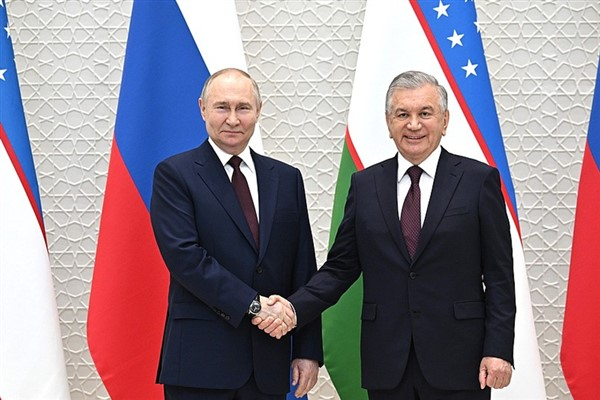According to the data announced by the Istanbul Chamber of Industry (ISO) and IHS Markit; Manufacturing PMI fell to 50.5 from 52.1 in January. Although the price pressures had difficult effects on the manufacturing sector, the input costs and final product inflation caused the firms to have difficulty in getting new business deals, and accordingly, new orders and a slowdown in production were observed. As a relatively positive development, companies continued to increase employment. PMI has been in growth zone above 50 basis points since June 2020, excluding May 2021 (closing effect). On the other hand, with the slowdown in January, the index fell to its lowest level in 8 months.
If we look at the details of the PMI data; Input and product prices showed a high but decreasing increase. Inflationary effects stemming from the depreciation of the lira are still valid in this regard. The increase in production costs is also reflected in the selling prices, making the inflationary pressure double-sided. A decrease is observed in new orders and production due to the factor created by the aforementioned price pressures. Firms have difficulty in getting new orders due to this situation, and production trends tend to become more stagnant with the effect of slowing orders. Difficulties in raw material supply and logistics, as well as price increases, have caused suppliers' delivery times to continue to increase. At this stage, investment, production and employment planning will be based on the alleviation of global supply chain problems and price pressures accordingly.
On the diffusion axis, we see the effects of current troubles on orders and production planning, as well as the decrease in sentiment stemming from the general trend perception in the index's decline compared to a month ago. On the employment planning side, a more positive trend is observed in most of the sectors. In general, the decline in the index is related to domestic demand and general demand conditions. Especially energy-related supply problems and general supply shortages are also effective in this axis. Exports, on the other hand, continue to provide some support and keep the index above the base value of 50, despite the risks arising from foreign demand. On that side, slowdown signals from European and global economies will be important. The effects of the Omicron variant may cause a relatively weak 1Q22 period in the global economy, which may weaken the trend on the side of new export orders.
Kaynak Tera Yatırım-Enver Erkan
Hibya Haber Ajansı





